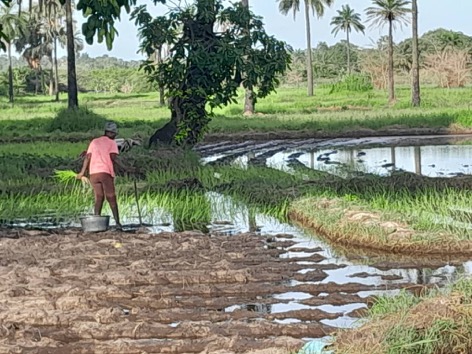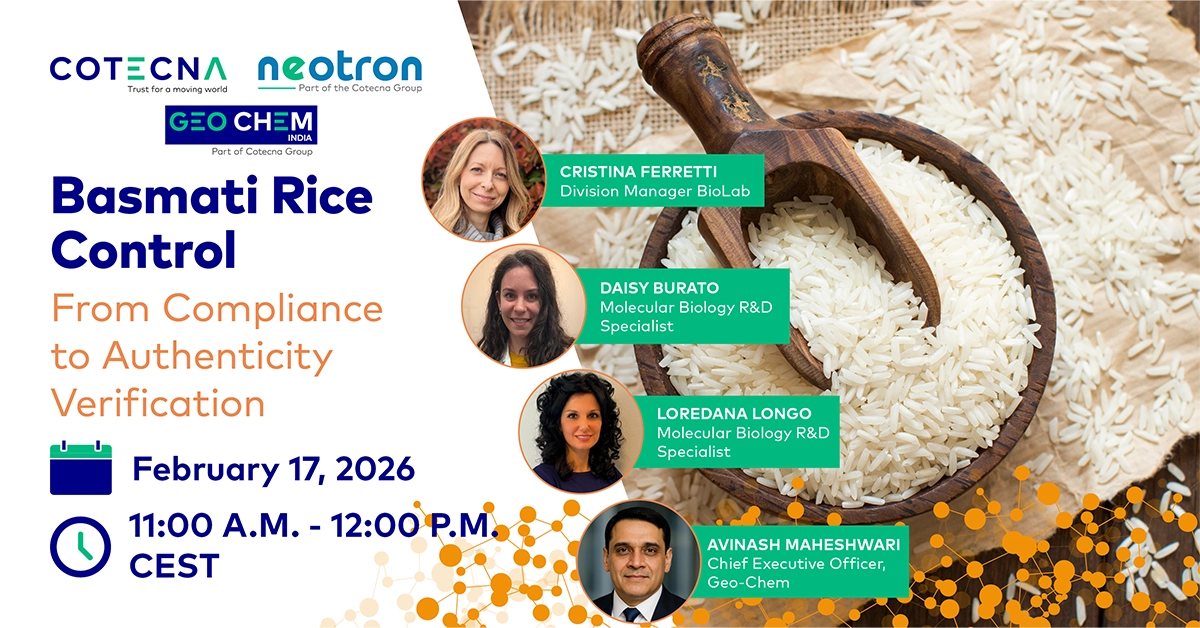Tags
Over 40 rice farmers, birdwatchers risk losing Kotu wetlands to Malaysian investors
Article By: Sanna Camara
Marie, mother of four in her 50s married into a family in Kotu, a township outside
Banjul some 30 years ago.

Her mother in-law welcomed her to their rice fields as family livelihood depends greatly on rice farming. Since then, she has cultivated rice in these swampy wetlands of Kotu. Now, she risks losing those fields as Gambia Tourism Board confirmed it has allocated the land to Malaysian investors, Kaijang Holding Group Ltd.
The alkalo of Manjai, Mr Amadou Gomez, whose family for almost a century, have been custodians of these lands and maintain rice fields in the wetlands, denied knowledge of its allocation. “There is no portion of land that I have given or sold for any business purposes,” Gomez said, when we visited his home.
The old man is currently diagnosed with diabetes and stays mostly in bed based on doctor’s advice. However, he called his son to bring the car up to drive to the fields in order to confirm there’s indeed, construction works on the said land. “It is news to the family. We are aware that under Yahya Jammeh, the said land was allocated for the construction of a golf course. But this development was met with resistance and it never took off,” he said.
To the west of the wetlands from the rice fields is the base of The Gambia Birdwatchers Association – a professional birding group with over 70 licensed members, 40 of whom are based in Kotu. With the trainees and unlicensed members, they are between 105 and 110. Yet, they too, just like the rice farmers, have no idea of the land’s allocation. They expressed dismay at the decision, describing it as reprehensible due to the multitudes of bird habitats that sell the Gambia as a birdwatching haven in West Africa.
“It seems that the government does not care about bird lives. So many species have already left The Gambia for Senegal. Now, we risk losing the niche for bird haven just as we did with wildlife,” said Dawda J. Barry, an executive member of the association.
“Very rare species that are nearly extinct in West Africa only appear in Kotu Creek now, thanks to our collective efforts at environmental conservation here. This development is an environmental catastrophe,” said Karanta Camara and Ebrima Korita, other members of their executive who joined our conversation on bird lives and birdwatching in the area. As we discussed, a bush lizard crawled from the bushes, fed on insects, within two metres from where we sat. It was a competing environment of songs from various birds.
Meanwhile, Marie who is one of the over-forty rice farmers from Kotu, Manjai, and all the way to Lamin in West Coast Region, cultivate organic rice each year in these fields. Majority of them are women. Also affected in these fields are dozens of palm kernel harvesters, palm wine tappers and pig farmers. The area, located just behind the GTBoard office on Bertil Harding Highway, and behind Badala Park Hotel, stretches from Calabash Night Club and the Casino vicinity, over a kilometre in length, down to the Kotu Bridge and further down to Kunta Kinteh Restaurant and joining the road to Tamala Beach Resort area. It has a walking and cycling track, paved with concrete, with clear signs forbidding motor vehicles entering it.
“This area alone has over 30 bird species that can be spotted within a day, just by walking through. Last year, a rare specie, the African fin foot, mostly spotted up River Gambia around Tendaba or Janjangbureh Island, made a rare appearance here and birders flew from UK and other tourism sourced countries just for a chance to see it,” explains Mr Korita.
From the rice fields, a wooden footbridge, about two to three meters long, connects a foot path to what birders called a photo hide – a water or food source for birds that watchers can access to hide and set up watching equipment in serenity.
For Marie and other women in these fields, farming is essential to feed families, which means depending less on imported rice. “I used to do laundry for people as an extra income to support the kids in school and provide meals. Denying us access to these lands will cost us a great deal as a family,” said another woman, dressed up in what looks like rags, working under the afternoon sun, as she uprooted weeds from transplanted rice seedlings; her hands full of them.
For the pig farmers, pork is one of those foods crucial for the Thanksgiving and Christmas festivities. However, living in communities dominated by Muslims, they gave in to pressure of public health concerns and relocated their pig farming to the outskirts of the residential areas due to the strong smell from waste excreted by the animals. Just as the rice fields become important ecology for birds living around the Creek, so do the pig farmers too.
“The rice fields here offered us the space to feed our animals from the fields in order raise them healthy for slaughter. We depend on the fields for incomes to support families and provide meals as Christians during festivals,” said one farmer who begged for anonymity. With the progress in the construction works, they will no longer access these areas, and no one has told them anything, yet.
Official of the Department of Parks and Wildlife Management said although they are in charge of wetlands and gazetted parks, Kotu Creek has been under the Gambia Tourism Board and therefore, categorised as an unprotected wetland.
Minister of Tourism, Mr Abdoulie Jobe was swift in responding to our inquiry and promised that GTBoard will provide the needed information. Managing Director, GTBoard, Mr Saihou Camara, got back to us the next day.
“Given that the land was allocated before my appointment as the Director General, I am not in a position to state if the birdwatchers, rice farmers were consulted or not before the land was allocated,” said Camara, as he requested for time to check into the files about the said land.
On whether the land was sold or not to the Malaysian investors, Director General Camara maintained that as far as GTBoard records are concerned, there is no indication that the land was sold.
“The land was allocated to Kaijang Holding Group Ltd (a Malaysian Investor) on the 20th May, 2020 by the GTBoard Governing Body,” he said, noting that by this time, he was not in office as DG.
In the late 1990s, and with the establishment of the Gambia Tourism Authority, predecessor of GTBoard, then headed by Mr Habib Drammeh, the GTBoard by legislative action, had been granted powers over all lands within the TDA, for the purposes of tourism development.
“The land in question is part of the Tourism Development Area (TDA), and was allocated to Kaijang Holding Group Ltd,” he maintained.
However, many of their allocations have been mired in controversy, as what was initially designated the tourism development areas such as the beaches, has now expanded into community lands that were held by them for generations. The minister for Lands, Mr Hamat Bah has said that several allocations of the gazetted and protected lands will be subject to a reconstituted lands commission for assessment and advice to government.
https://thepoint.gm/africa/gambia/headlines/over-40-rice-farmers-birdwatchers-risk-losing-kotu-wetlands-to-malaysian-investors-2Published Date: October 3, 2024







